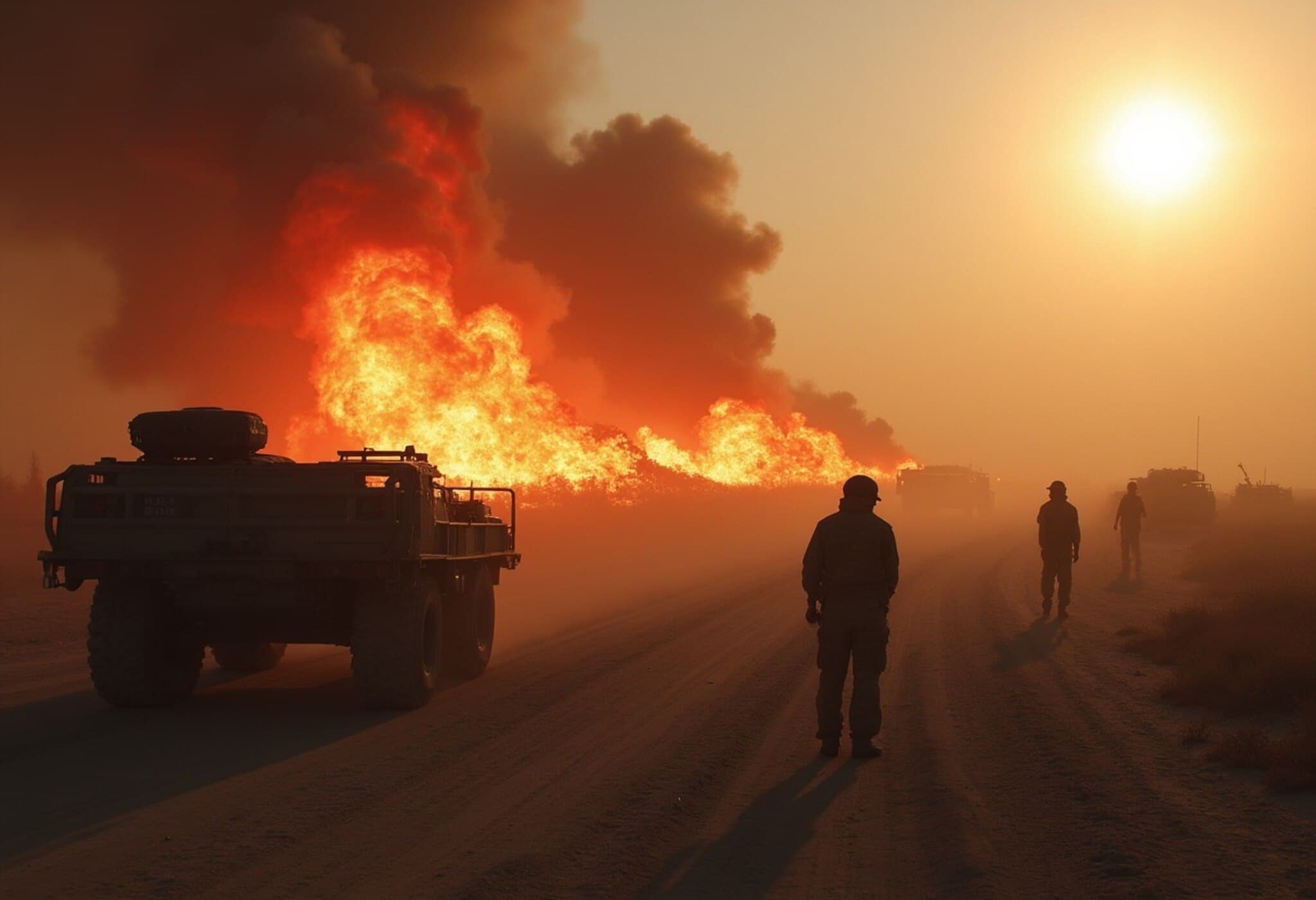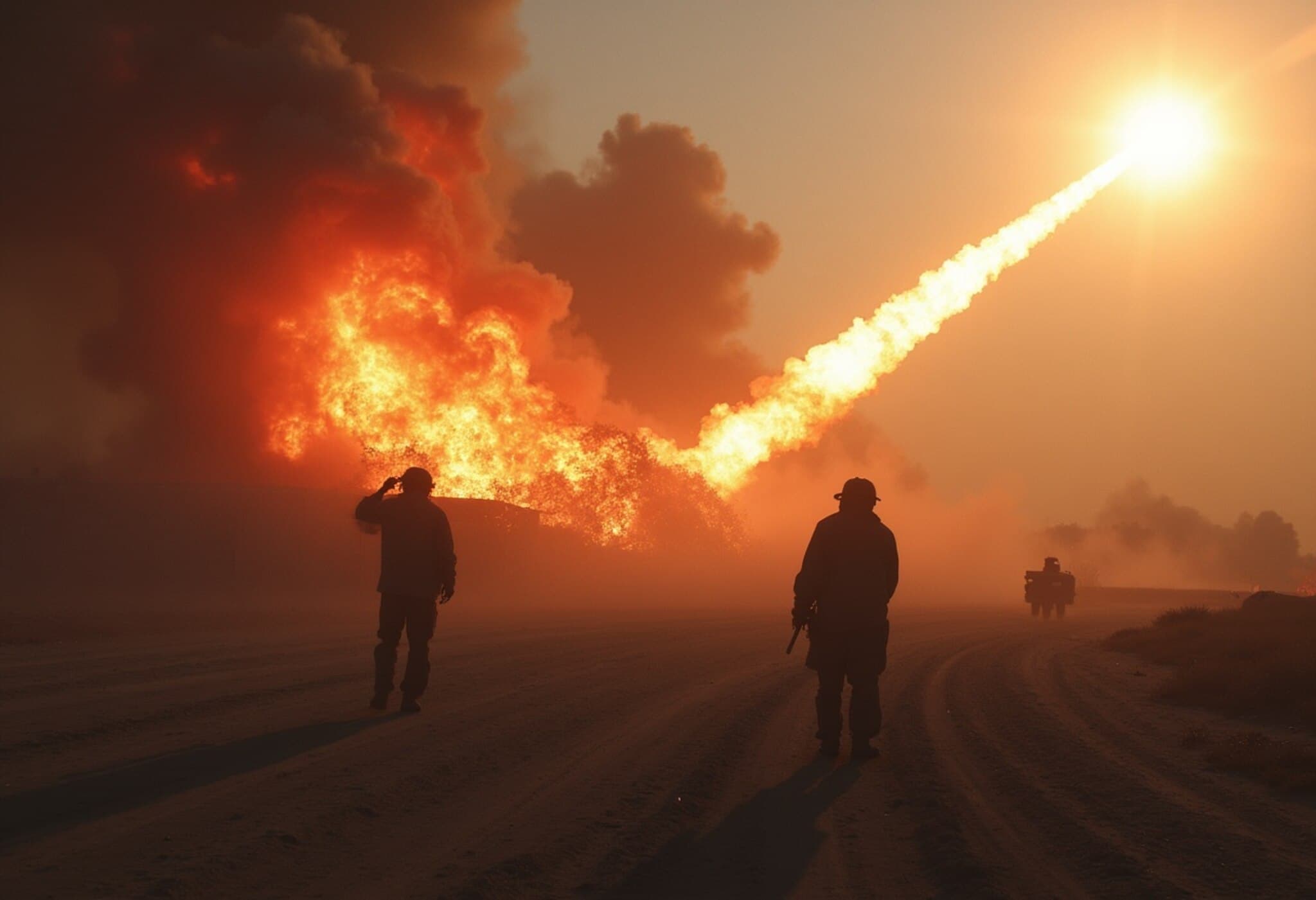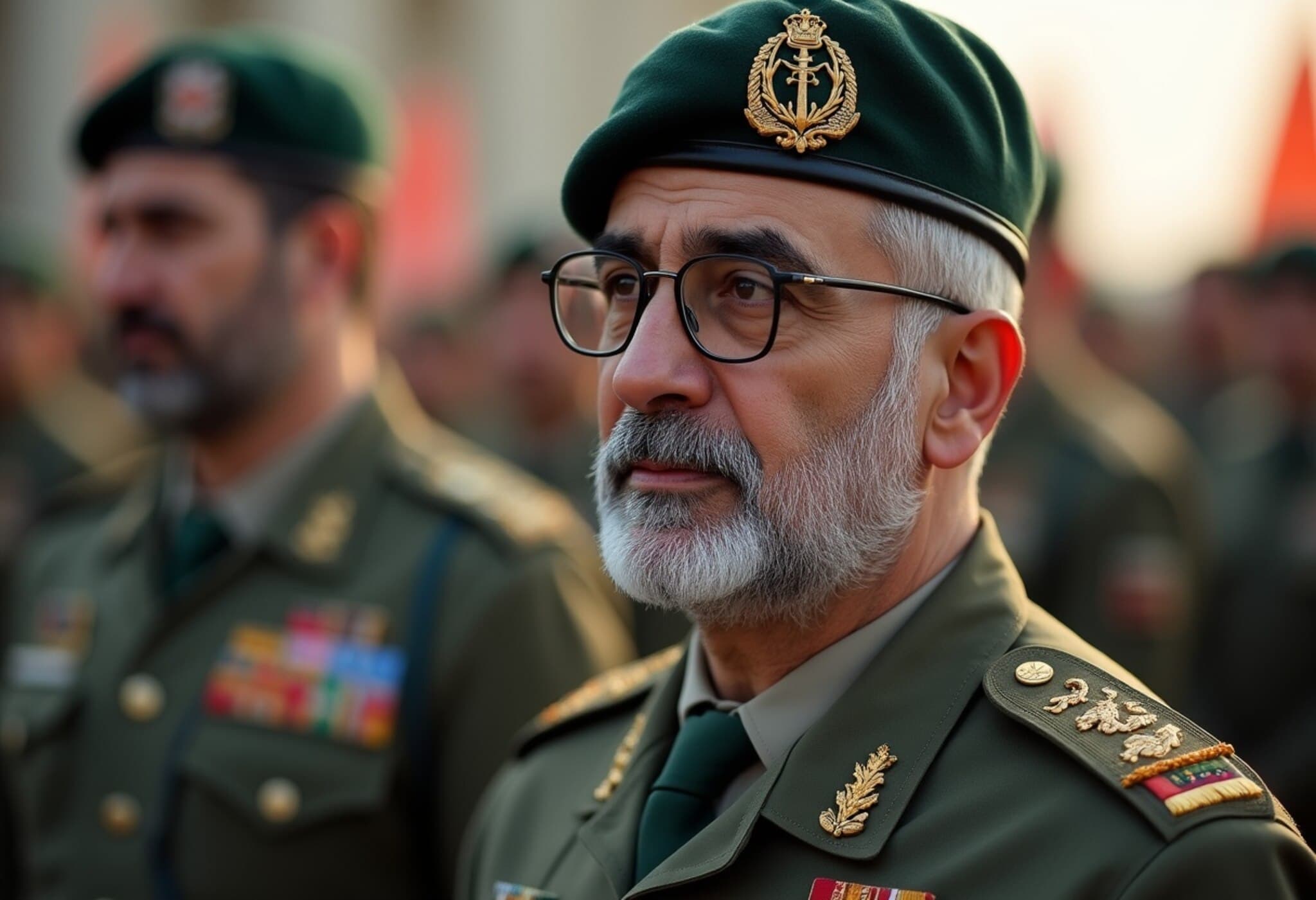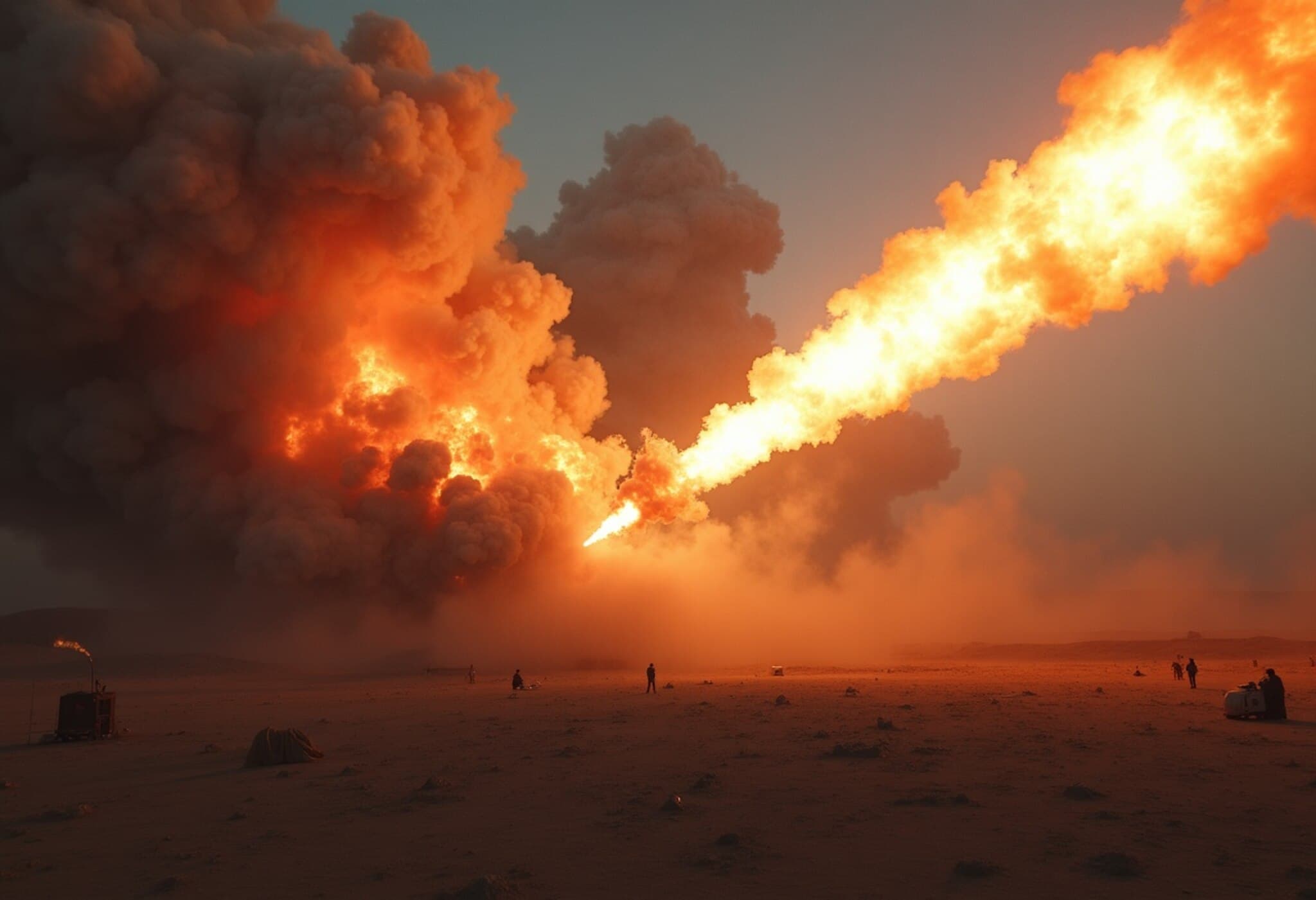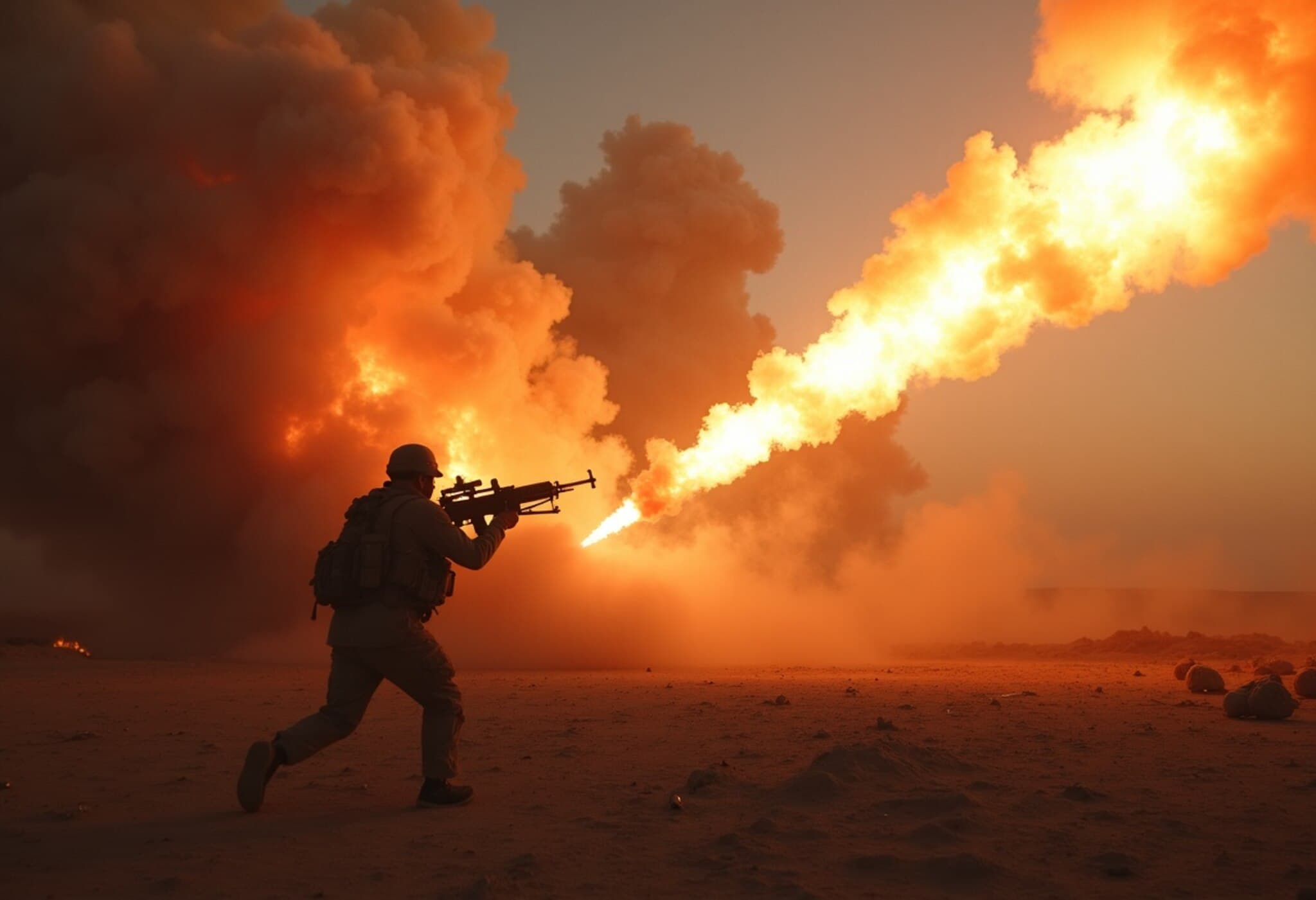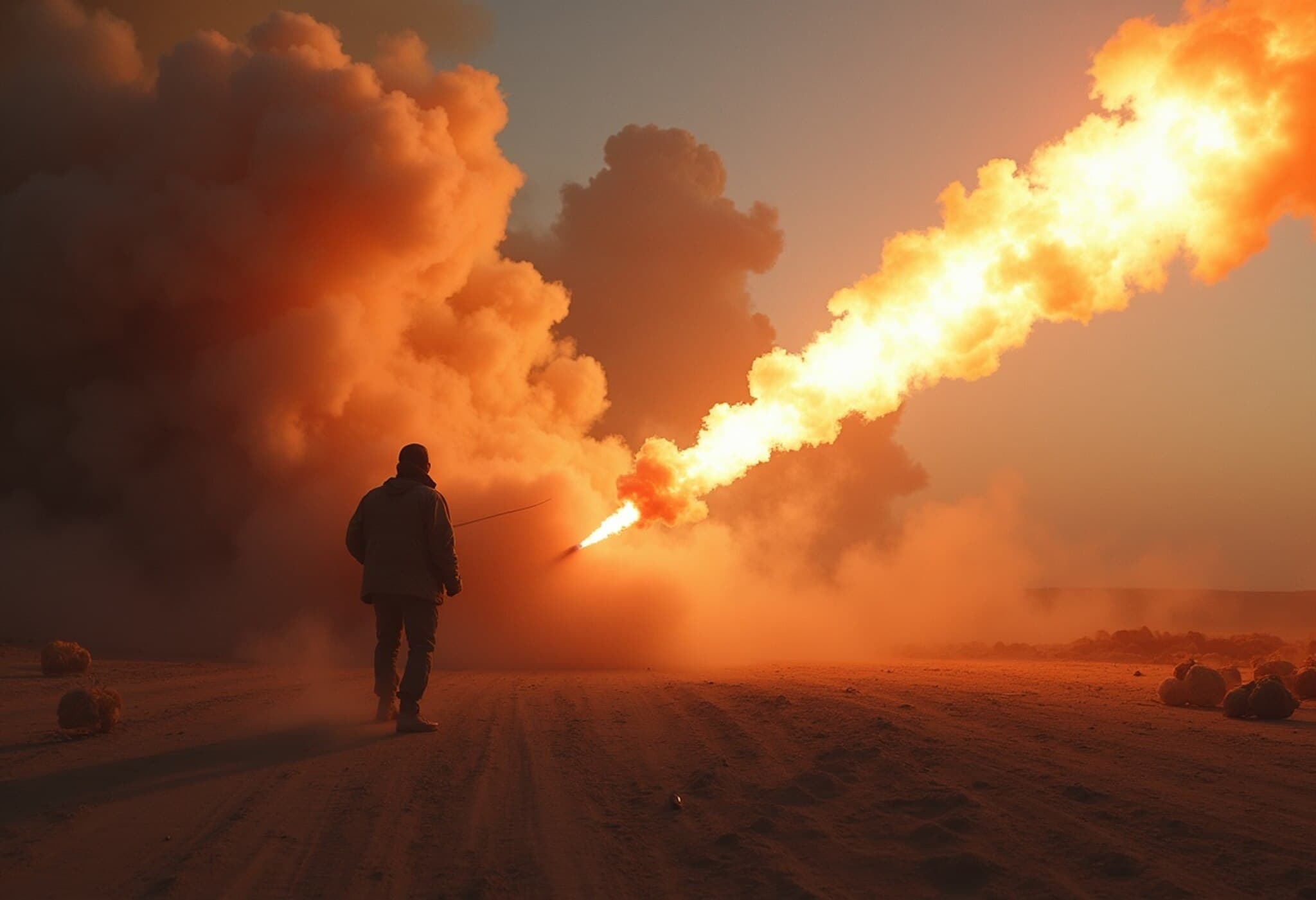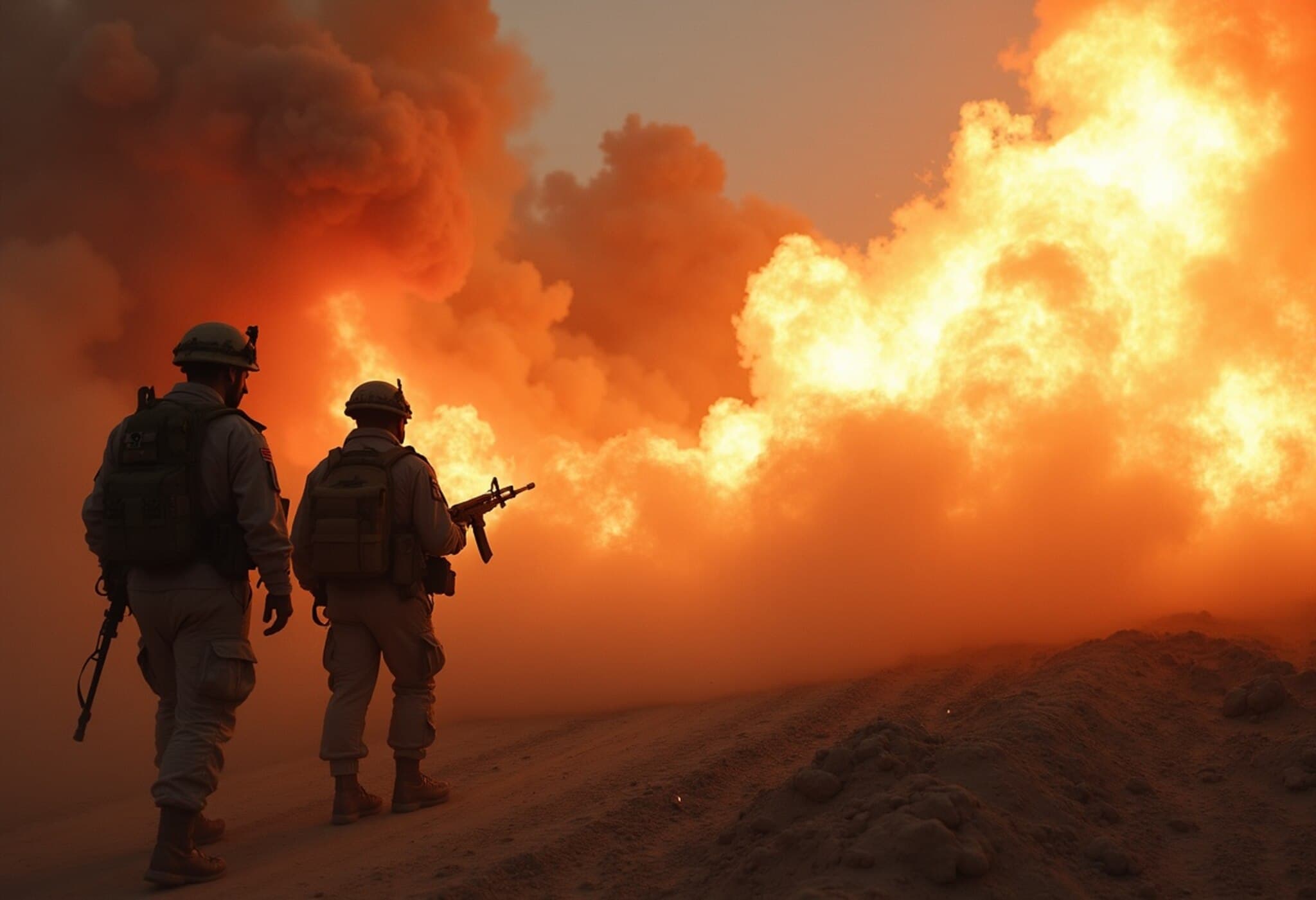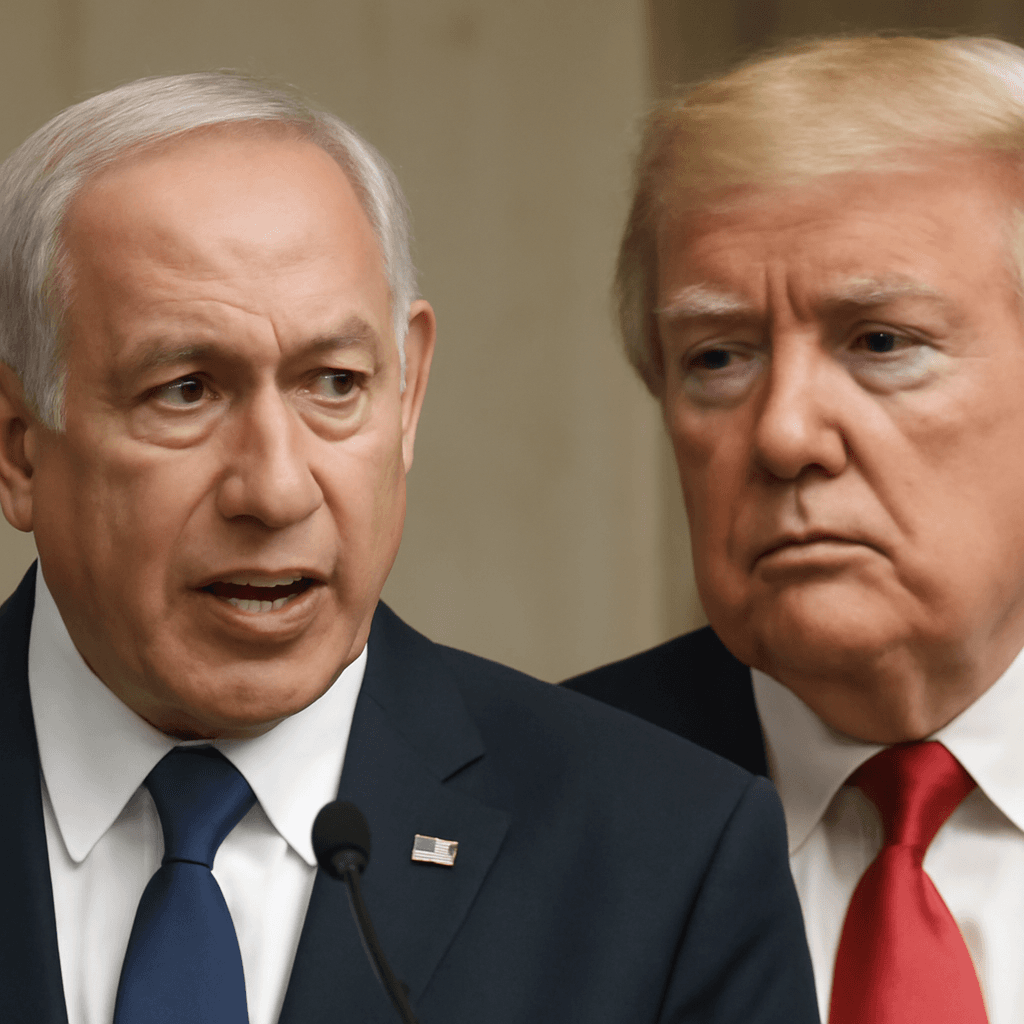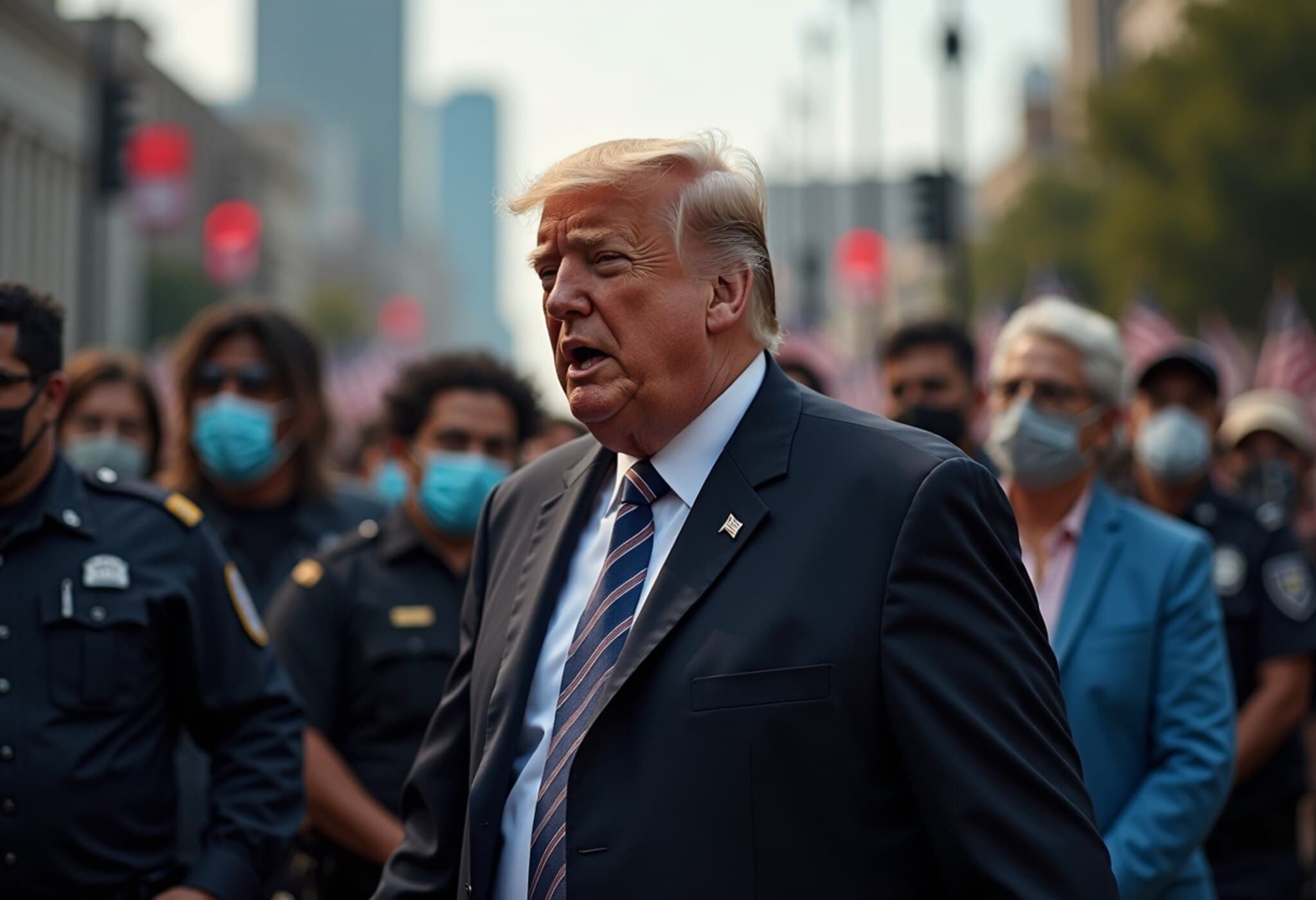Deadly Clashes Between Israel and Iran Spark Global Concern
Israel and Iran exchanged fierce attacks on Sunday, resulting in significant civilian casualties and heightening worries over a potential regional war. At least 13 people were killed in Israel due to Iranian missile strikes, while Iran reported a staggering 78 fatalities from Israeli airstrikes earlier in the week, including a devastating blow that claimed 60 lives in Tehran.
US President Trump Intervenes to De-escalate Tensions
Amid the turmoil, US President Donald Trump emphasized that the conflict could be resolved swiftly, cautioning Iran against targeting American assets. Notably, Trump recently vetoed an Israeli plan to assassinate Iran’s Supreme Leader Ayatollah Ali Khamenei, underlining the US administration’s reluctance to pursue direct military action against Iranian political leadership without provocation.
American Officials Weigh In
According to senior US officials, the United States is holding back on retaliatory measures until an American life is lost. Trump stated, “Have the Iranians killed an American yet? No. Until they do, we’re not even talking about going after the political leadership.”
On the Ground: Israel’s ‘Operation Rising Lion’ Continues
Israel launched a surprise offensive, named Operation Rising Lion, targeting Iran’s military command and nuclear infrastructure. The strikes marked the most intense confrontation between the two nations in recent memory. At least six civilians were killed in Israeli towns like Bat Yam, which bore the brunt of Iranian missile attacks.
Israel’s military maintains that the campaign’s goal is not regime change but focused on halting Iran’s nuclear ambitions and its missile program—capabilities seen as existential threats by Tel Aviv. Meanwhile, Israeli Prime Minister reiterated a firm stance on defending national security, stating Israel would act as necessary without commenting on specific covert operations.
Rising Risks to the Global Economy
Iran’s oil and gas sector has also been targeted, including strikes on Tehran’s critical fuel depot and the vast South Fars gas field. While Israel has spared export-related facilities so far, the attacks have already sent shockwaves through global oil markets, with prices surging by 9% on Friday before the strikes commenced.
Traders remain cautious ahead of market openings, bracing for potential volatility due to supply concerns. Iran has not yet retaliated by disrupting Gulf shipping routes, a move that would further destabilize energy markets worldwide.
Heightened Military Alert and Calls for Evacuation
The Israeli military has issued warnings to Iranian civilians near key weapons installations, urging evacuation as clashes intensify. Iranian officials vowed that any continuation of Israeli aggression would provoke increasingly decisive and severe responses.
Both nations continue to exchange missile fire, with reports that Iran’s ballistic missiles have partially penetrated Israel’s anti-missile defenses. The United States has reportedly assisted Israel in neutralizing several incoming missiles.
Disrupted Diplomacy and Uncertain Prospects for Peace
Scheduled nuclear negotiations between Iran and the United States were called off after Iran refused to engage while under Israeli attack. Trump has suggested that Iran could end the conflict by accepting strict nuclear limitations, but with hostilities escalating, diplomatic resolutions appear elusive.
Looking Ahead: Intensifying Conflict or Diplomatic Breakthrough?
As Israel signals its campaign may last for weeks, calls for regime change in Iran have surfaced, though official Israeli objectives remain focused on dismantling nuclear and ballistic threats. Meanwhile, the global community watches anxiously as this high-stakes confrontation unfolds, with profound implications for regional stability and world markets.





